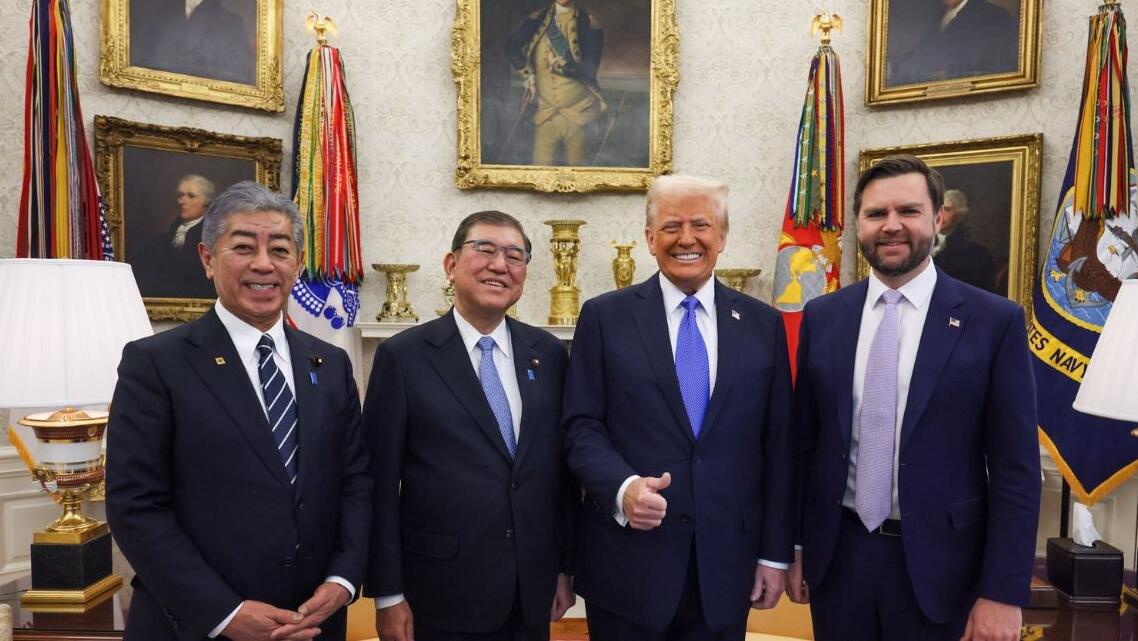Japan's ruling coalition has lost control of the upper house for the first time since 1955, public broadcaster NHK confirmed following Sunday's election results.
Prime Minister Shigeru Ishiba's Liberal Democratic Party (LDP) and coalition partner Komeito need 50 seats to retain authority over the 248-member upper chamber.
Exit polling indicates they secured between 32 to 51 seats, falling short of the required threshold.
The political shift arrived as Japan faces a 1 August deadline to negotiate trade terms with Washington or confront 25% tariffs on Japanese imports to the United States.
Opposition gains momentum
The election outcome reflects voter preference for consumption tax reductions over the LDP's fiscal restraint approach.
"The LDP was largely playing defense in this election, being on the wrong side of a key voter issue," Eurasia Group Director David Boling said.
"Polls show that most households want a cut to the consumption tax to address inflation, something that the LDP opposes."
The Constitutional Democratic Party expanded to 18-30 seats from 22 previously held, while the far-right Sanseito party increased its representation to 10-15 seats from previously holding just one.
It represents a shift in Japan's political balance, with opposition parties now holding influence over fiscal policy decisions.
Market response
Japan's currency and bond markets are adjusting to the prospect of altered fiscal policies under coalition governance.
USD/JPY has strengthened 3% month-to-date, reflecting market expectations of potential fiscal expansion.
Meanwhile, government bond yields face pressure from proposed tax reduction policies.
Barclays estimates that a 3 percentage point reduction in Japan's 10% consumption tax could add substantial amounts to public debt.
That's because Japan's debt-to-GDP ratio already exceeds 250%, making investors concerned about the country's refinancing capacity under expanded spending scenarios.
Sector nerves
Japan's negotiating positions with the United States encountered complications from a weakened government coalition.
"The ruling party will have to compromise to gain the cooperation of the opposition, and the budget will continue to expand," University of Tokyo Politics Professor Yu Uchiyama said.
Exports declined 0.5% year-over-year in June, extending a 1.7% drop from May as shipments to China fell 4.7% and U.S. deliveries decreased 11.4%.
The automotive sector is set to face particular pressure, with U.S.-listed shares of Toyota, Nissan and Honda declining 4%, 7.16% and 3.86% respectively on the back of recent tariff announcements by the White House.
Major industrial sectors such as tech and manufacturing will now face uncertainty over previously proposed industrial policies.
Meanwhile, infrastructure and energy projects may also be delayed as political parties negotiate policy priorities.
Tremors felt across the Pacific
Cross-border market implications for U.S. investors and businesses may include:
- Currency effects: How a weaker yen could benefit exporters competing with Japanese manufacturers
- Capital flows: Potential reduction in Japanese Treasury purchases if domestic yields rise
- Corporate exposure: Currency and operational risks for U.S. multinationals with Japanese operations
- Investment patterns: Potential acceleration of Japanese corporate investment in American manufacturing



